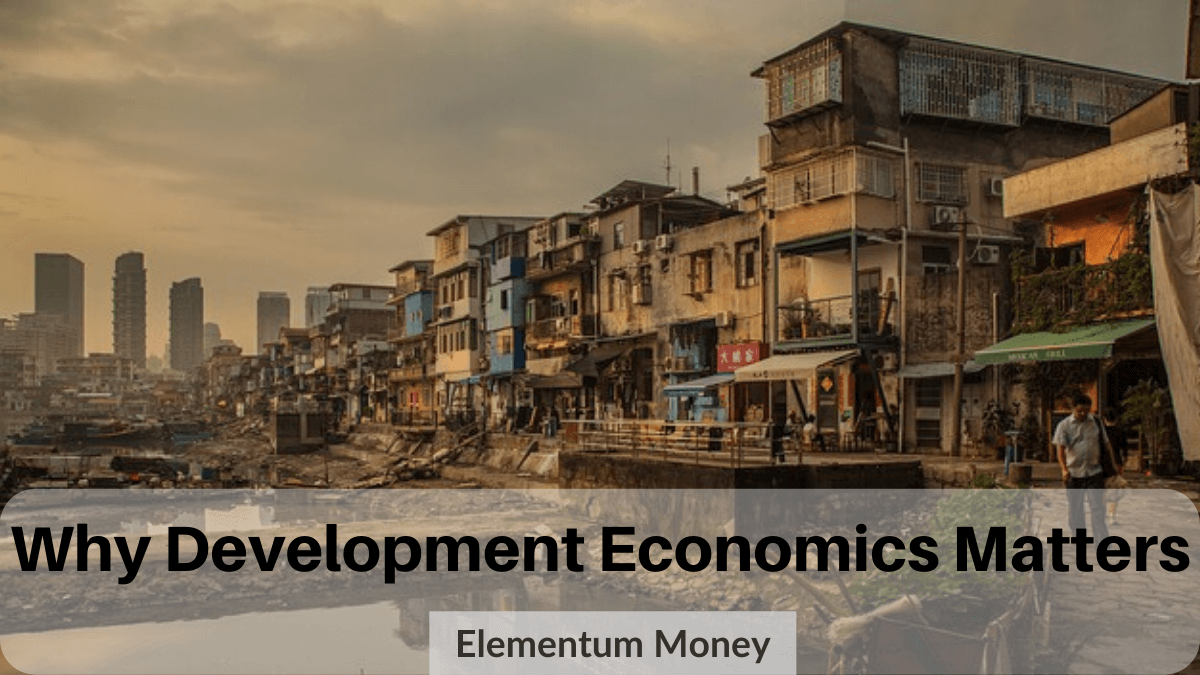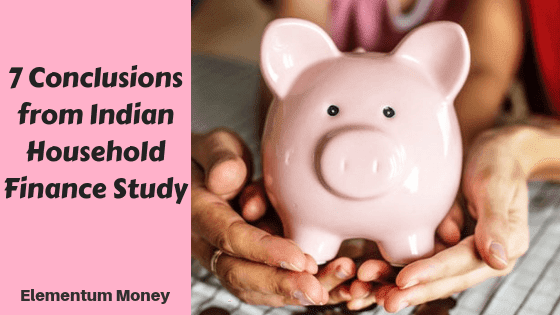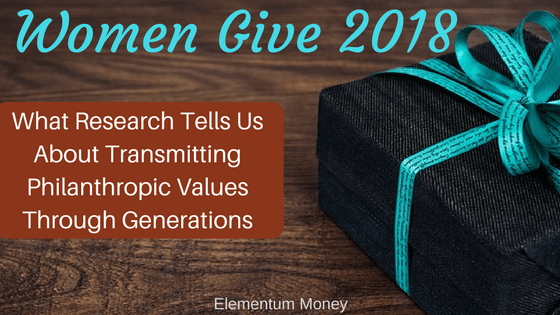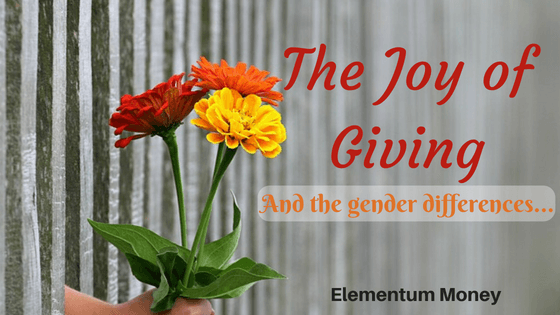It is possible to make the world a better place – probably not tomorrow, but in some future that is within our reach
Poor Economics (Abhijit Banerjee & Esther Duflo
As I might have mentioned earlier, I am a history graduate from a well-known college in India called Lady Shri Ram in Delhi University. While I may not literally use the knowledge of history I picked up in those three years, my graduation years left an indelible mark on me in terms of thinking broadly as well as having a strong feminist tendency. When I moved to Mumbai 11 years back, I vividly remember rallying and ranting about how people in this city think only in terms of their own private bubble unlike the critical thinking and debates I had had the privilege of participating in, in Delhi (conveniently equating my college with the city). Over the years, the risk of my falling into this trap of walking around with blinders has only grown by the year.
However, on Saturday, I met three multi-generational alumni of my alma mater for a book club meeting (more on that later). While waiting for one of the persons, conversation turned to how a country is responsible to take care of it’s poorest of poor. While I mused that today India is only about tracking the growth number, one of my companions who also works with the country’s largest corporate NGO corrected me to tell me how there are enough development metrics on which work is constantly being done. Truth be told, my ignorance on the subject embarrassed me and also slammed home the fact that over the years these blinders have probably led me astray from atleast knowing about things beyond me, that matter.
Then the Nobel Prize for Economics was announced and everywhere I looked, there was talk about Abhijit Banerjee, Esther Duflo and Michael Kremer as well as their war against poverty. Thankfully, when things are dangled right under my nose, I still end up venturing into them. As I took some tentative steps into understanding what the fuss was all about, I realised just how valuable the work this trio is doing is.
Why is Development Economics important and why am I reading about it here?
Development Economics is the discipline of understanding means of employing policy and intervention in the most efficient manner for poverty alleviation and making the world a more equal place.
Let’s face it, today in India we are obsessed with numbers – be it the GDP growth rate, the manufacturing index or even the returns in the market which again we equate as a barometer to the economy doing well. In all this, where does uplifting the poor or social mobility of future generations or equitable distribution of wealth figure? How many of us give a rat’s ass about it?
Elementum Money is about the core aspects of money. In my mind, the main purpose of money is to make it a better life for everyone which is why I have talked about Philanthropy as well.
However, if I was to give you a selfish reason, then in this tug-of-war between growth and equity, if the latter is ignored for too long, the yawning gap of income inequality can easily take any economy on a dangerous track with possible consequences. More equitable development and poverty alleviation is really not an option, but a necessity.
The reason why I decided to talk about it on this blog is that as an erstwhile marketer, I believe the more conversations that are there about something that matters, the better it’s chances. That does not mean that you have to agree with all the work done in the field. It is more to do with being aware of it’s existence, mulling and thinking over it and having an informed opinion. Only when it captures a larger mindshare can we expect more progress to be made.
While the Nobel committee bestowing it’s Award for work done in development economics will go a long way to make it more mainstream, every drop counts, right?
3 important findings by Banerjee-Duflo
As mentioned above, I tried to read and absorb a fair bit of the work done by the duo. I have to admit that there were quite a few proposals that I did not agree with. For instance, I am really unsure of how effective is the idea of giving cash directly to the poor. How do you decide who deserves it? Isn’t raising minimum wages a better means?
Similarly, in one of the papers Duflo mentions that a country should not keep raising the tax brackets, so as to envelop more people in the fold. In a country like India, where enough people find means and ways to escape taxation, putting all burden on the middle class, as a hard working citizen is something that bothered me terribly.
However, there were 3 findings I found interesting which I will go ahead and highlight:
1. Poverty is heterogeneous
For a long time, poverty has been seen from a bird’s eye view of analyzing the numbers and assuming the same applies to all situations. The duo proved with their experiments that poverty and it’s impact varies depending on a number of factors. Instead of a blanket quantitative analysis, they proposed RCT or Randomised Controlled Testing, where in a small localized group, a hypothesis would be tested by applying it on one group referred to as “treatment group” as compared to the other group that remains status quo, referred to as the “control group”.
For instance, they want to test a hypothesis that increased minimum wages improve lives of the poor on a few pre-defined metrics. In a controlled environment, they will increase it for one set of people, with another set of people operating on the existing current wages. Then, they will observe both the groups and come to accept or reject the hypothesis.
I thought this was an interesting way to look at things except for two concerns. One, the sample sizes will be very small and how do you adapt those findings to a larger population especially when the accepted wisdom is that poverty is heterogenous. And two, as this article argues, it could lead to short term issues with creating a set of haves and have nots within the tested population.
2. Microfinance is not the holy grail of poverty alleviation, as otherwise celebrated
Let me admit it. I am a fan of the idea of micro finance. I read the book “Banker to the Poor” by Mohammad Yunus quite some time back and a lot of things that he wrote about seemed to make sense to me.
One of the key findings of this duo is that micro finance is not as effective in poverty alleviation as assumed currently. They believe that the interest rates are far too high, which I wouldn’t deny they are and the values given out too little to make a difference.
However, I for one, believe that micro finance still holds merit. Maybe it can do with a few localized tweaks. But, the way it promotes entrepreneurship and gives a sustainable livelihood to the poor has to have merit.
3. The poor like to spend on Entertainment
In one of their papers, Banerjee-Duflo assert that unlike the hypothesis that if in possession of more money, poor people will inevitably spend on high calorie food to make up for their calorie intake, they often end up spending on entertainment. One statement that I really liked was how we should not be judgmental and the poor have every right to spend money the way they want to. As they write in their book “Poor Economics” – Generally, it is clear that things that make life less boring are a priority for the poor”
As for this finding, personally I can relate to it very well. There is a slum right next to my apartment and very often they end up giving us sleepless nights (or a reason to dance, depending on the mood) with either loud dhol or Bollywood music blaring from speakers. Living in such a closely-knit community, they sure know how to pool in and make life less boring.
A world of possibilities
As these thoughts have swirled around in my head, I was making my way home using a Mumbai commuter train. As I sat reading a book about Jazz and it’s role in American culture, I noticed this young girl sitting across me reading a book. These days, in the rare occurrence of my sighting a fellow reader, the probability is pretty high that I will ask them about the book and engage in conversation. Which is what happened in this instance.
Turned out that the girl was reading a well-known book in this field called “Everyone loves a good drought” by P. Sainath. As we started talking, I did most of the listening as she told me about her days being a journalism student and how they had had a guest lecture by the author in question. She talked with that fire in her eyes about how media no longer seemed to be focusing on poverty alleviation. She ranted about how so many welfare projects seem to be launched but nobody seems to be interested in their results or how they are faring and our national obsession currently seems centred only around Pakistan. As I listened to her and let her gushing enthusiasm envelop me, I vicariously relived the idealism and passion of youth.
Finally, when I was about to alight from the train, she asked me what I did for a living and I told her I advise HNIs about investments. For a minute, she looked confused and literally scowled at me, especially since I had told her I am a history graduate and some of my batchmates ended up going to her college to pursue journalism. However, I told her about my switch and how my why for being in this industry is to help people make smart decisions with their money. The kicker was her reaction – “And you are still interested in all this (development economics and poverty alleviation)?”
In my mind, if even with all the idealism and optimism she could be surprised at the coexistence of being in an investing field and sensitivity to equitable distribution of wealth, then surely we have a long long way to traverse.
What do you think? Have you ever tried to explore and understand more on how a welfare state or development economics operate or is it completely out of your zone? Let me know in the comments below.





Leave a Reply